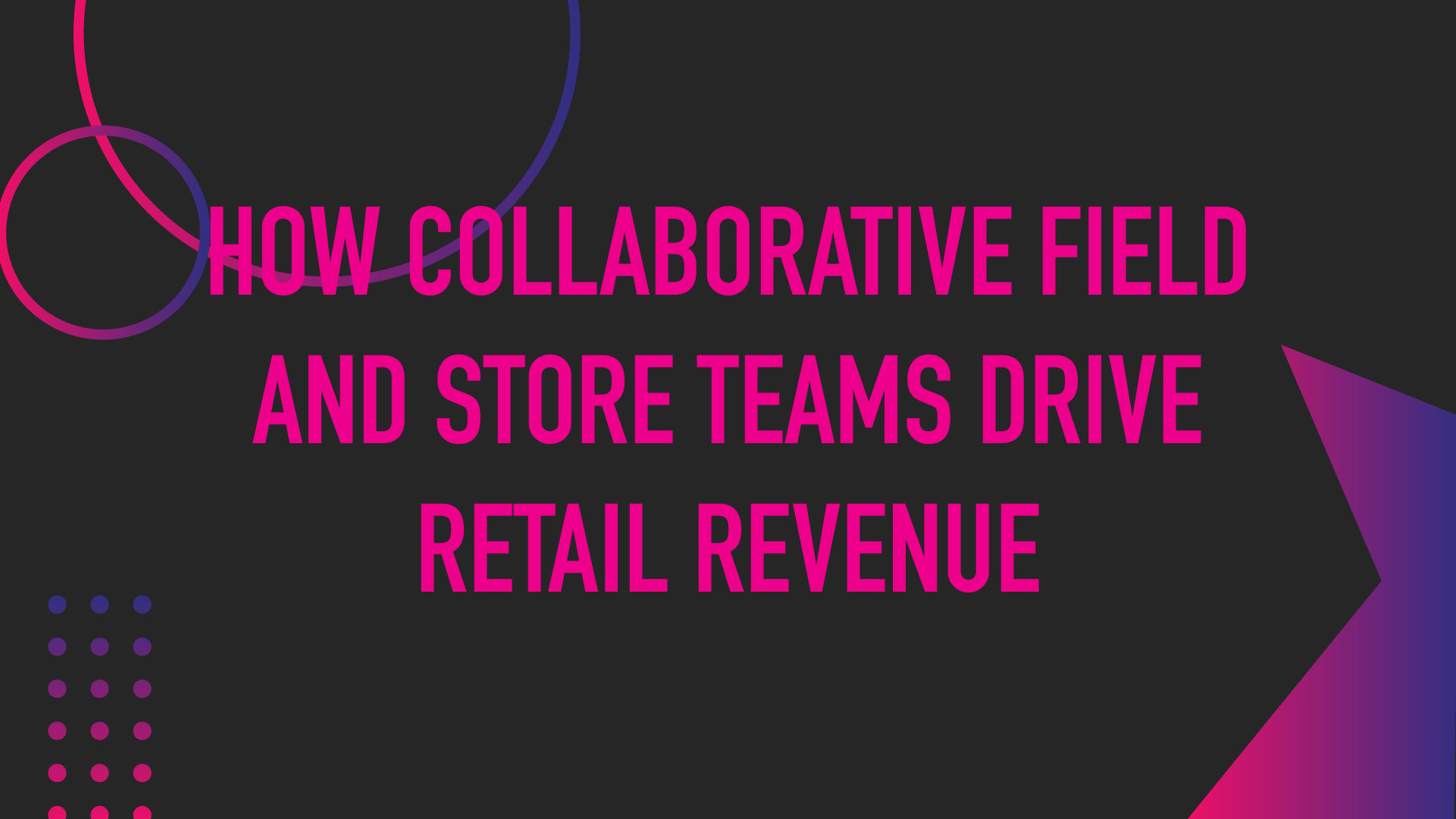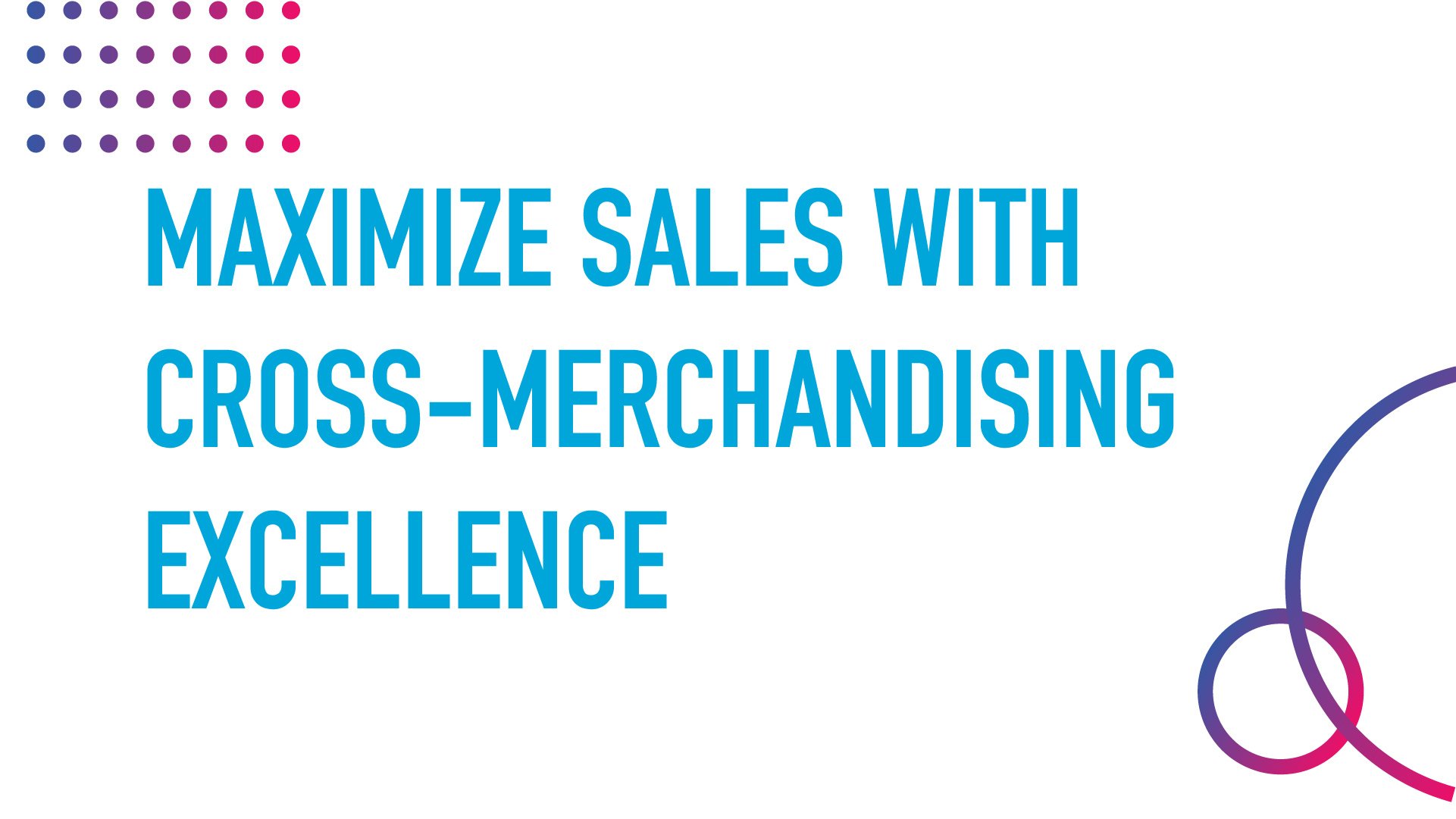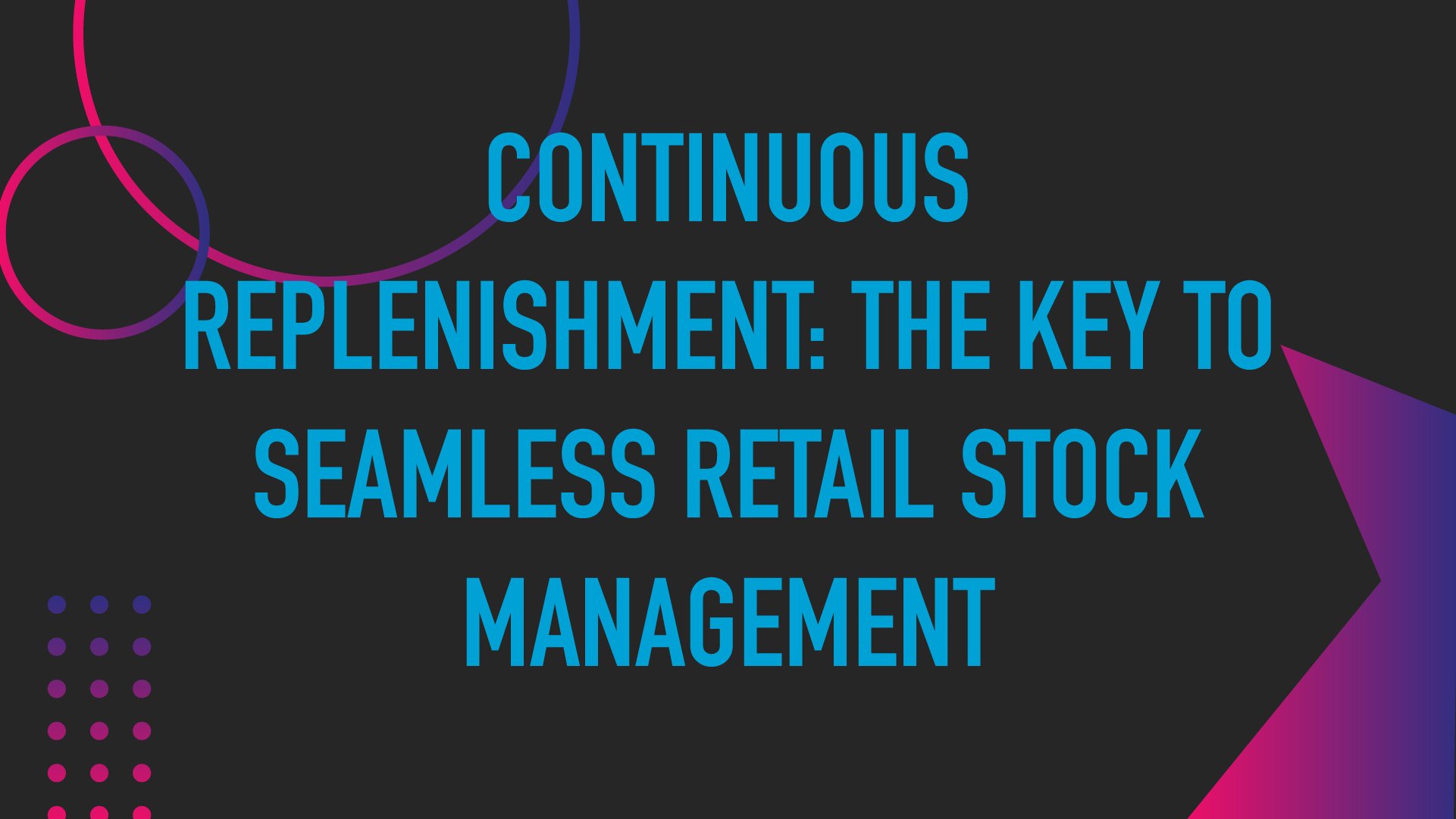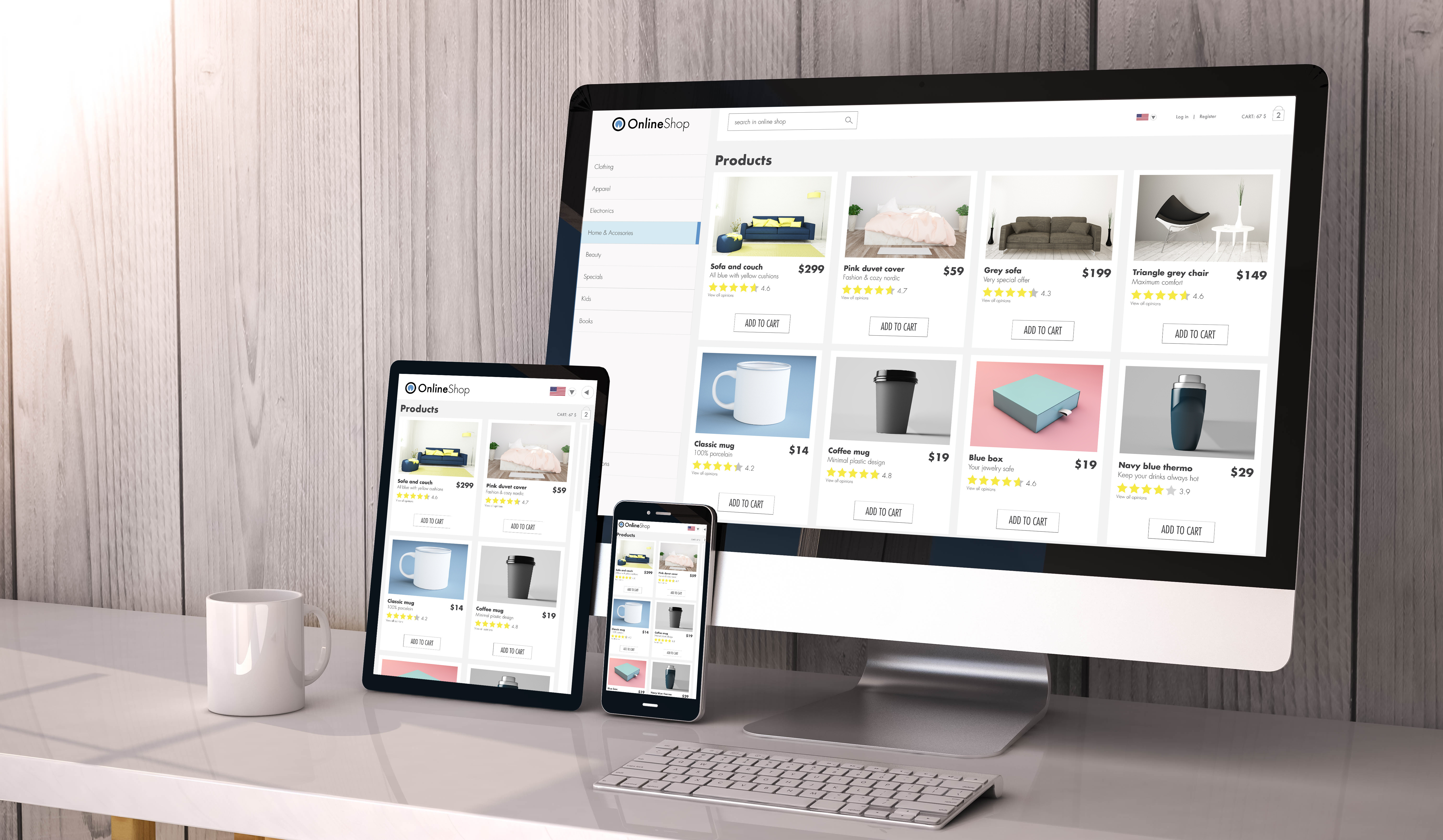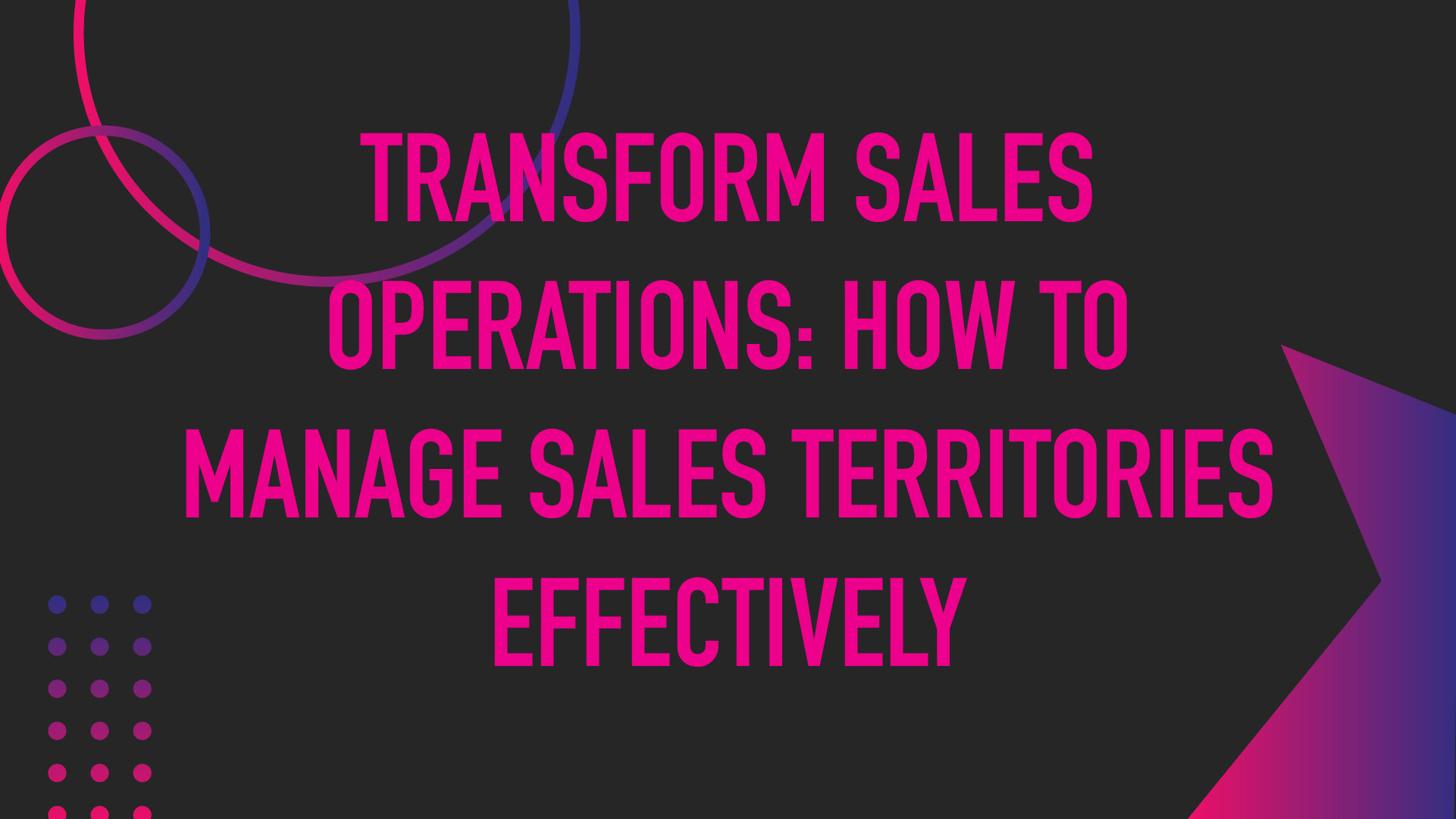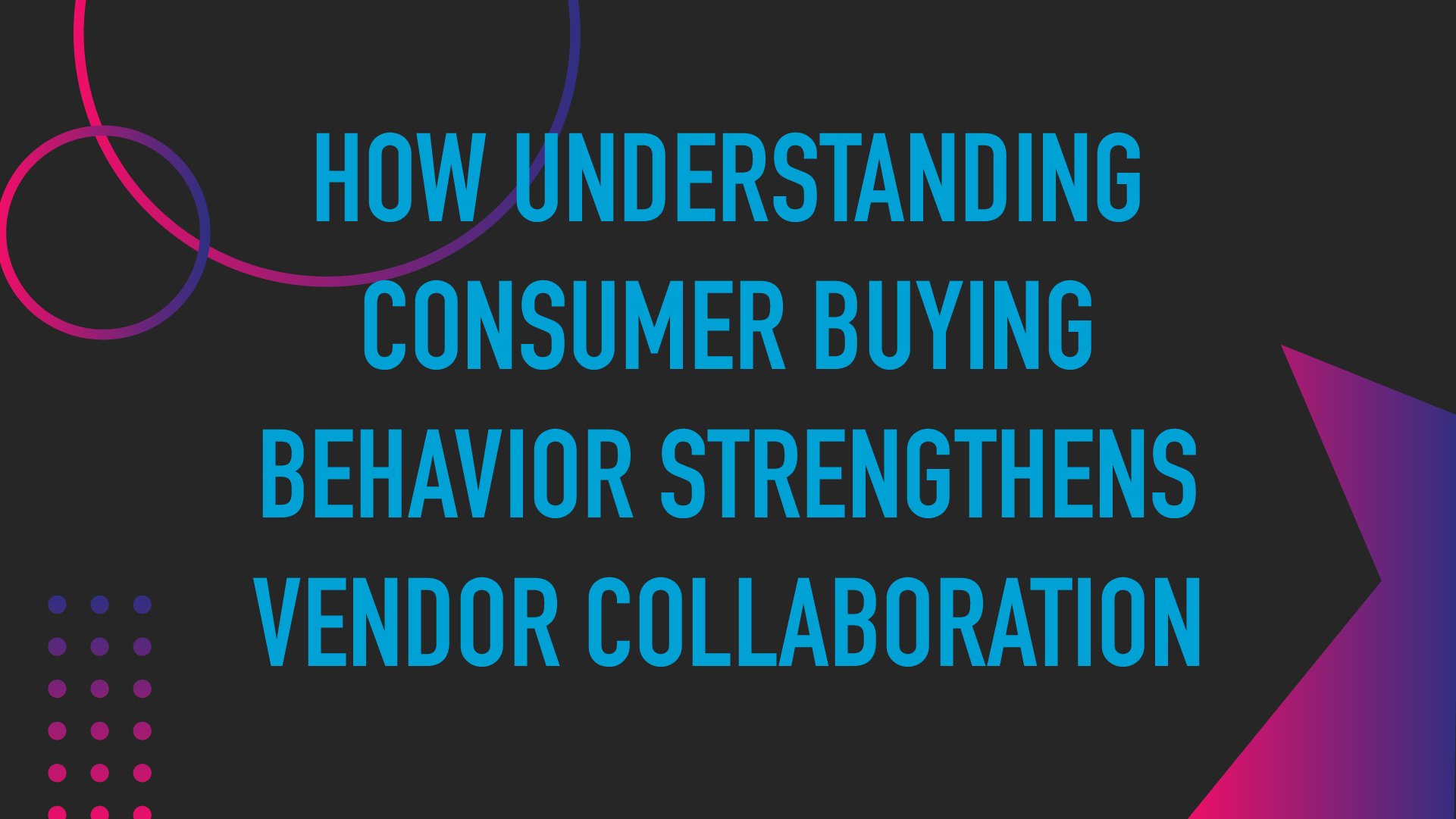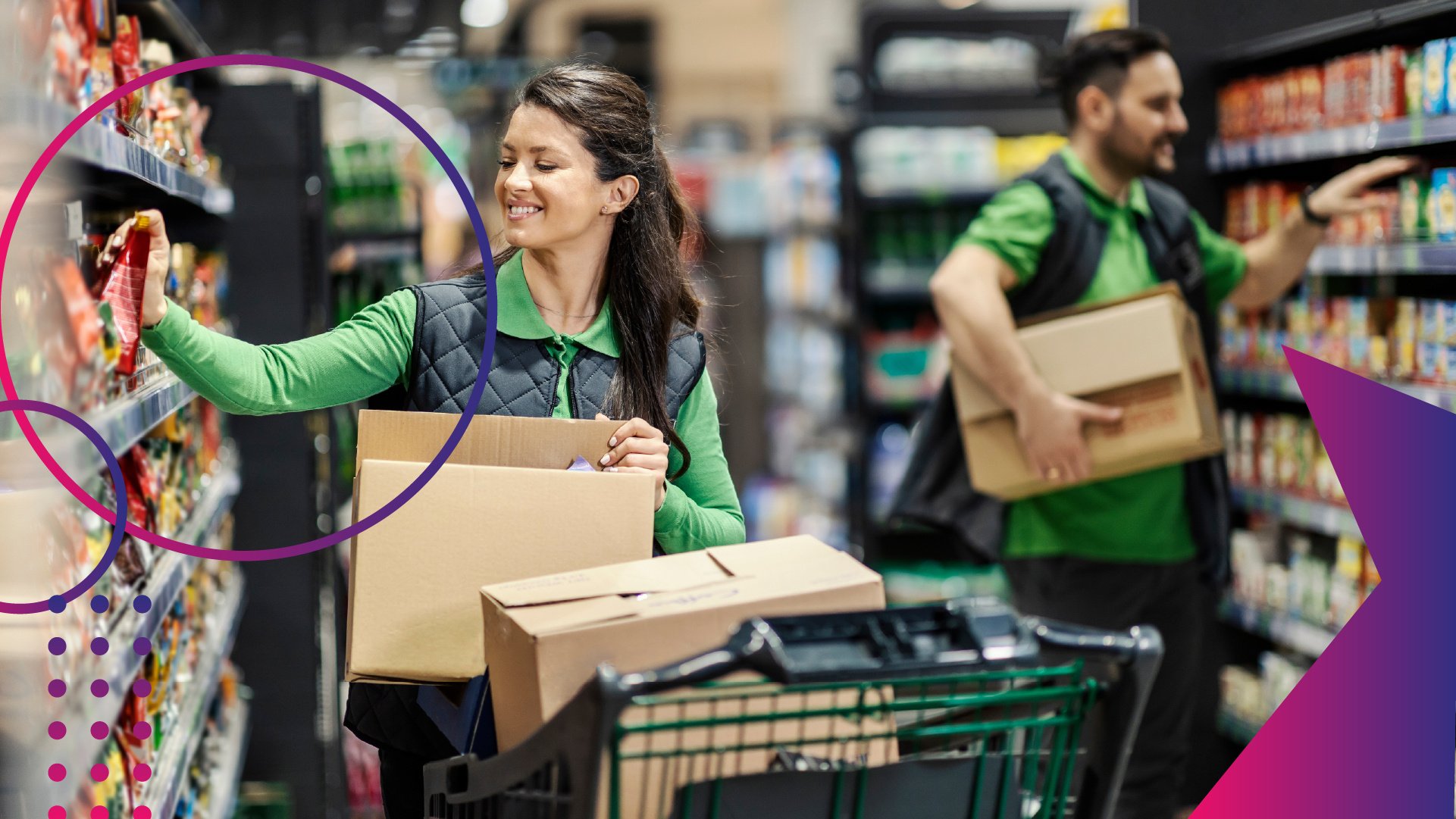The Future of Retail Precision: Unveiling the Power of Photo AI in Revolutionizing Retail Execution

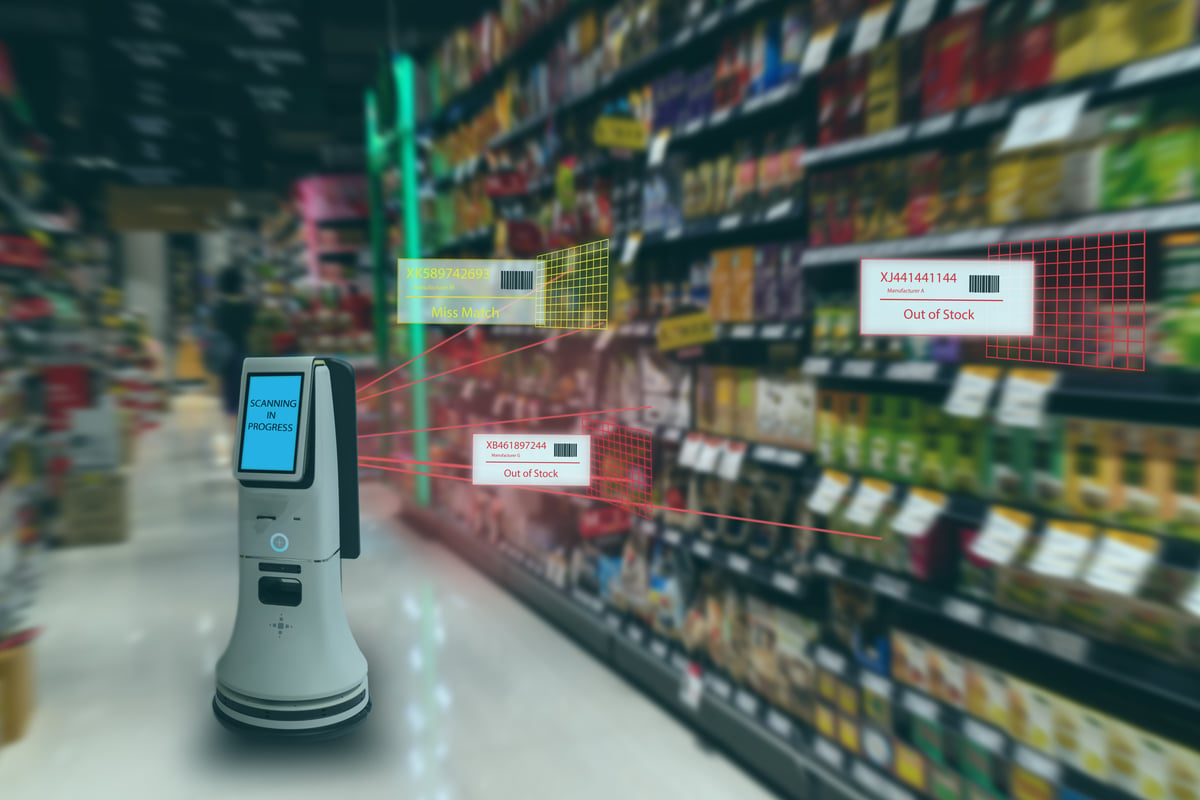
Staying ahead in the retail industry requires more than innovation. It sometimes requires a transformative leap forward. Enter Photo AI, the beacon of a retail revolution, illuminating the path towards unparalleled accuracy, efficiency, and success in retail execution. Photo AI is revolutionizing how retail teams operate by harnessing artificial intelligence and computer-led visual analysis capabilities. AI’s advanced algorithms allow it to analyze vast amounts of visual data in real time, providing accurate insights into various aspects of retail execution. Whether monitoring shelf layouts or ensuring planogram compliance, Photo AI brings a new level of precision to retail operations.
The Evolution of Retail Execution with Photo AI
Photo AI, or image recognition powered by artificial intelligence, is revolutionizing retail execution by allowing retailers, CPG companies, merchandisers, and distributors to analyze and optimize operations more efficiently and accurately. This technology is particularly valuable in the retail industry, where the accuracy and efficiency of large quantities of human reviews are crucial. Photo AI allows industry leaders to automatically analyze and interpret visual data, such as store images, product displays, and shelf layouts, providing actionable insights that can improve inventory management, product placement, and overall store performance.
1. Improved Inventory Management
Inventory management is an essential aspect of retail operations, and the advent of Photo AI technology has significantly improved this area. With the help of AI-powered systems, retail teams can now accurately track and manage their inventory levels with precision.
 One of the key benefits of using Photo AI for inventory management is its ability to automate processes. AI algorithms can quickly identify and categorize products or discrepancies by analyzing images and data from cameras or video sources. This eliminates the need for manual counting or inputting data, saving companies valuable time and reducing human error.
One of the key benefits of using Photo AI for inventory management is its ability to automate processes. AI algorithms can quickly identify and categorize products or discrepancies by analyzing images and data from cameras or video sources. This eliminates the need for manual counting or inputting data, saving companies valuable time and reducing human error.
Photo AI paired with item tracking solutions can provide invaluable insights into product performance by analyzing sales data alongside inventory information. Managers can identify slow-moving items or products that are consistently outperforming others. This proactive approach allows them to replenish stock in a timely manner, avoiding stockouts that could result in lost sales opportunities. Retail teams currently using Photo AI are seeing an increase in on-shelf availability (OSA) by more than 8%, leading to an immediate improvement in sales across key accounts. With this knowledge, teams can make informed decisions about pricing strategies or promotional activities to optimize their inventory turnover rate.
2. Enhanced Product Placement
Effective product placement plays a crucial role in attracting customers and driving sales. Photo AI utilizes computer vision and machine learning algorithms to analyze store images and product displays. This technology analyzes factors like shelf positioning, visual appeal, and customer behavior patterns to gain valuable insights into optimizing product arrangement within a store. This knowledge can help determine the most effective strategies for creating an engaging and efficient customer shopping experience.
Retail teams leveraging Photo AI's capabilities can optimize their product placement strategies by meticulously analyzing store images and displays to reveal invaluable insights. Photo AI does this by considering high-traffic areas within the store where certain products should be prominently displayed, ensuring maximum visibility and increasing the likelihood of customers noticing and purchasing those items.
Furthermore, this technology enables store and field teams to assess the impact of different visual merchandising techniques on customer satisfaction by analyzing shoppers' reactions toward specific product displays or arrangements. Enhanced product placement driven by Photo AI leads to increased sales and improved customer satisfaction. It allows brands to strategically position their offerings for maximum impact while catering to individual preferences and buying habits.
3. Optimized Store Performance
Optimizing store performance is crucial for companies aiming to provide an exceptional customer experience. Integrating AI-powered tools like Photo AI into retail operations empowers businesses to proactively address issues that may hinder store performance while helping to eliminate human error and bias. Retailers incorporating AI experience a significant reduction in time-consuming tasks like manual stock counts or visual merchandising audits. Managers can free up their employees' time for more strategic activities by streamlining processes and enhancing customer satisfaction. This increase in efficiency allows staff members to stay focused on customer service and improve the overall shopping experience for guests.
Photo AI improves workforce flexibility by automating visual data analysis, allowing managers to focus on more strategic tasks. Leveraging Image Recognition (IR) capabilities alongside Photo AI can reduce audit time in-store by up to 50%. Traditionally, these audits have been time-consuming and labor-intensive, requiring manual checks and documentation. However, with the advent of Image Recognition (IR) capabilities alongside Photo AI, the audit process can be streamlined and accelerated, freeing managers to focus on decision-making, strategic planning, and innovation.
Compliance issues can also be addressed using Photo AI technology. Industry leaders must ensure their brands and stores adhere to various regulations and guidelines regarding product placement, safety measures, and promotional displays. With the help of AI-powered image analysis, management can quickly identify any compliance gaps or violations and take immediate action. This breakthrough technology allows for precise identification and extraction of information from various sources, ensuring that the data collected is reliable and error-free.
4. Increased Efficiency
With the power of automation, Photo AI enables companies to analyze visual data effortlessly, saving up to 30% of time and resources. This newfound efficiency saves valuable resources and allows retail leaders to make faster and more informed decisions confidently. With accurate and up-to-date information on product placement, pricing strategies, and promotional efforts across multiple locations or stores, leadership can optimize their operations and maximize sales opportunities. This level of insight empowers businesses to identify trends quickly and adapt their strategies accordingly.
 Another significant advantage offered by Photo AI is its scalability. These advanced learning models can continuously learn and improve over time, which means they can scale with your business. For retail teams, the ability to quickly and efficiently respond to changes in consumer preferences is vital. With seasonality being a key factor influencing market demand fluctuations, having a scalable solution like Photo AI becomes even more crucial. By harnessing the power of machine learning algorithms, this technology can analyze vast amounts of data and generate insights that help businesses predict trends and make informed decisions.
Another significant advantage offered by Photo AI is its scalability. These advanced learning models can continuously learn and improve over time, which means they can scale with your business. For retail teams, the ability to quickly and efficiently respond to changes in consumer preferences is vital. With seasonality being a key factor influencing market demand fluctuations, having a scalable solution like Photo AI becomes even more crucial. By harnessing the power of machine learning algorithms, this technology can analyze vast amounts of data and generate insights that help businesses predict trends and make informed decisions.
As we conclude our exploration into the realms of Photo AI in retail execution, one thing becomes abundantly clear—this technology is not just a tool; it's a necessary installment for success. Photo AI is transforming the retail industry from inventory management to product placement, store performance, and efficiency. As the technology continues to evolve, teams who embrace Photo AI are not just staying ahead; they are building the foundation for a future of precision and efficiency in the retail landscape.
featured content
featured content

The Importance of On-Shelf Availability in Retail: Why Keeping Items Stocked is Critical for Competitiveness in 2026
Learn why on-shelf availability is critical in today's retail store environment
